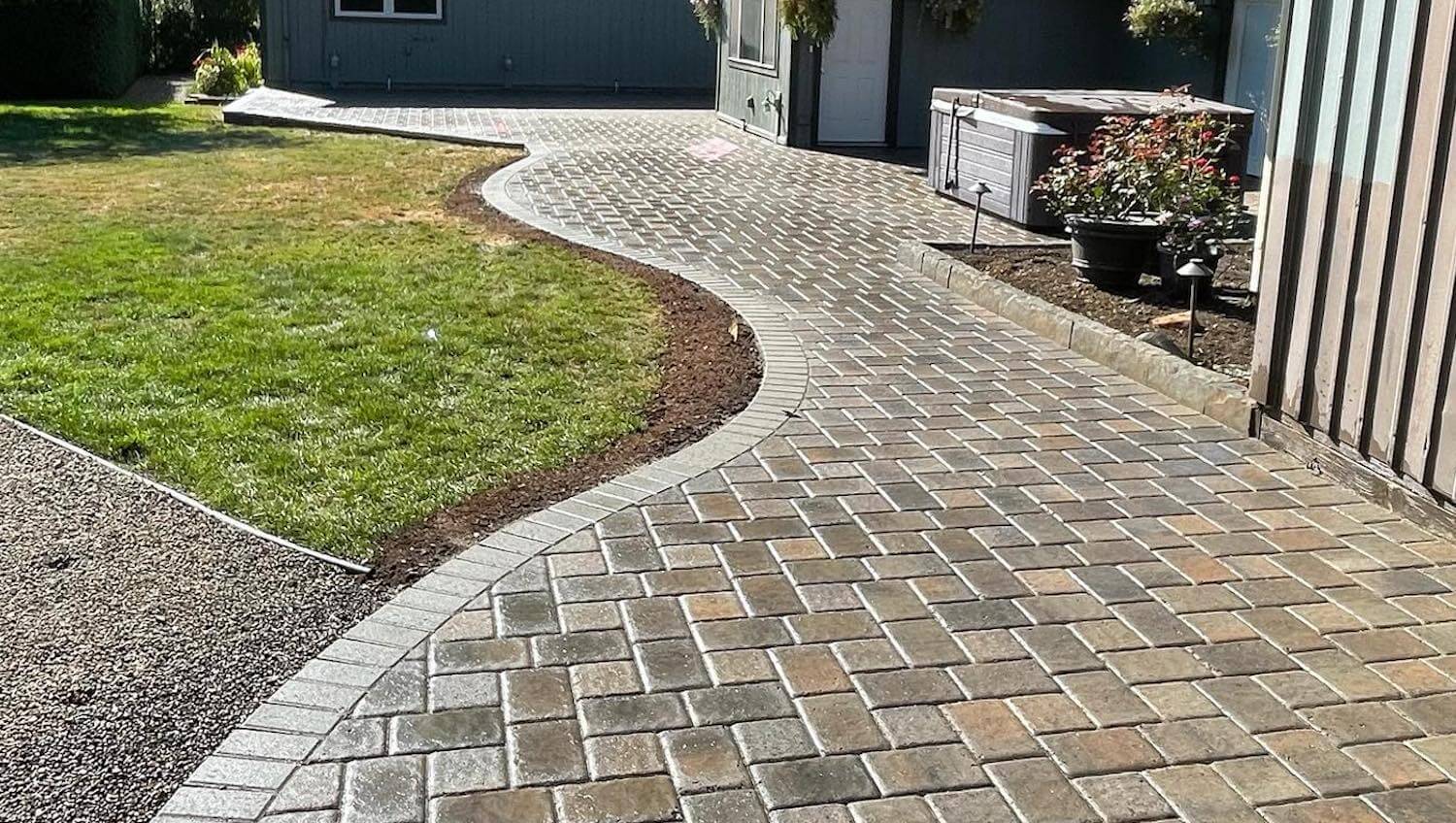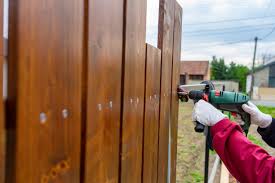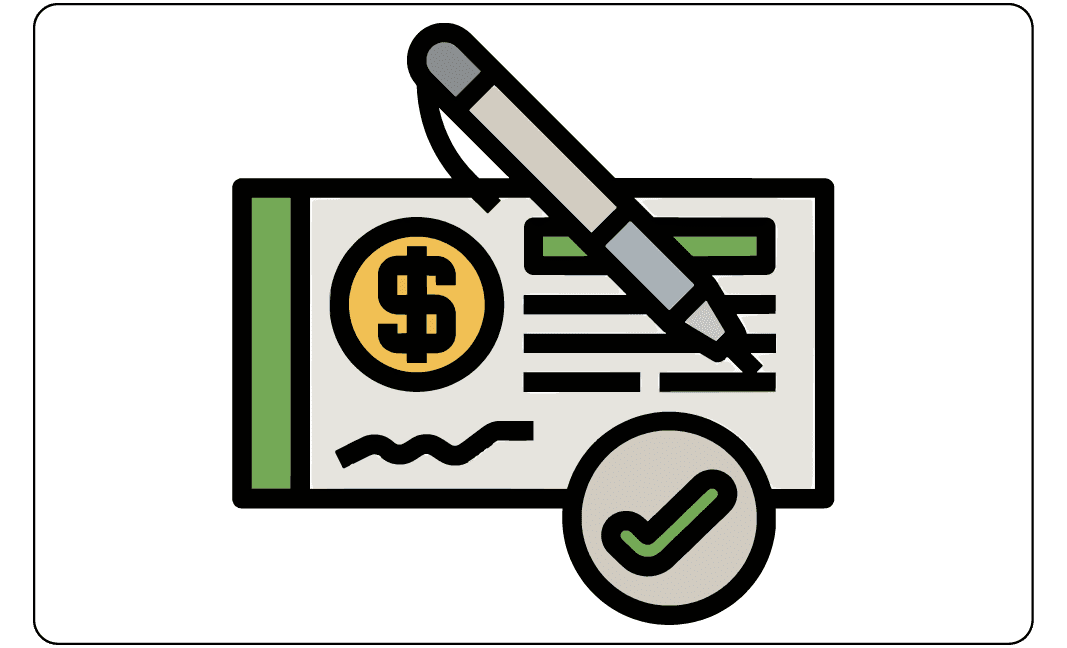Why Siding Installation is Key to Protecting Your Home
When it comes to maintaining the beauty and functionality of your home, siding installation plays a pivotal role. Your home’s siding is the first line of defense against the elements, from harsh winds and rain to extreme temperatures and UV rays. Not only does it enhance the exterior appearance of your property, but it also protects the structural integrity of your home. In this blog, we’ll explore the significance of siding installation, the benefits it offers, and why you should consider professional siding services for your property.
What is Siding Installation?
Siding installation refers to the process of attaching exterior cladding to the walls of a building. Siding serves multiple purposes, including protecting the building from environmental factors, improving energy efficiency, and enhancing the aesthetic appeal of the property. Siding materials come in a variety of options, such as vinyl, wood, fiber cement, aluminum, and stucco, allowing homeowners to choose a solution that meets both their functional needs and aesthetic preferences.
Key Benefits of Siding Installation
1. Protection from the Elements The primary function of siding is to protect your home from the elements. Your home’s walls are constantly exposed to weather conditions like rain, snow, wind, and sun. Without a strong, durable siding system, your home is vulnerable to water damage, rot, and deterioration. Siding acts as a shield that keeps moisture and debris out, protecting your home’s underlying structure from rot, mildew, and mold.
2. Improved Energy Efficiency Properly installed siding can enhance the energy efficiency of your home. Insulated siding, or siding combined with insulation materials, helps to regulate the temperature inside your home. This prevents heat loss in the winter and keeps your home cooler in the summer, reducing your reliance on heating and cooling systems. As a result, you’ll save money on energy bills while keeping your home more comfortable year-round.
3. Curb Appeal and Aesthetic Value Siding installation has a significant impact on the curb appeal of your property. The right siding material and color can completely transform the look of your home, giving it a fresh, modern appearance. Whether you prefer the classic look of vinyl, the rustic charm of wood, or the sleek style of fiber cement, siding can be customized to match your vision and enhance your home’s aesthetic. The first impression visitors have of your property is shaped by its exterior, so quality siding is essential for improving your home’s appearance.
4. Low Maintenance and Durability Certain types of siding materials are designed to be low maintenance and highly durable. For example, vinyl and fiber cement siding are known for their ability to withstand harsh weather conditions and require little upkeep. Unlike wood siding, which may need to be painted and sealed regularly, modern siding materials retain their appearance without constant maintenance. This durability ensures that your siding will continue to protect and enhance your home for years to come.
5. Increased Property Value Investing in new siding can significantly increase the value of your property. Homebuyers often consider siding a major factor when evaluating a home, as it affects both the home’s appearance and the level of maintenance required. Homes with new, well-maintained siding tend to have a higher resale value, making it a smart investment if you plan to sell your home in the future.
6. Enhanced Insulation and Soundproofing In addition to thermal insulation, siding also helps with soundproofing. Some types of siding, like insulated vinyl or fiber cement, have noise-reducing properties, making them ideal for homes located in noisy neighborhoods or near busy streets. By installing siding, you can enjoy a quieter and more peaceful indoor environment.
7. Protection Against Pests Quality siding provides a barrier against pests such as insects, rodents, and other wildlife. Certain types of siding materials are resistant to pests, which can be a concern for homeowners with wooden or untreated siding. Siding systems with tight seams and durable materials help to prevent critters from entering your home and causing damage to your insulation, wiring, and other components.
8. Weather Resistance Siding is designed to be highly weather-resistant, protecting your home from the impact of severe weather. Whether you live in an area prone to heavy rain, snow, or intense sun, modern siding materials are engineered to withstand harsh conditions. For example, fiber cement siding is resistant to fire, rot, and pests, while vinyl siding is resistant to fading and cracking, ensuring that your home’s exterior stays intact regardless of the weather.













